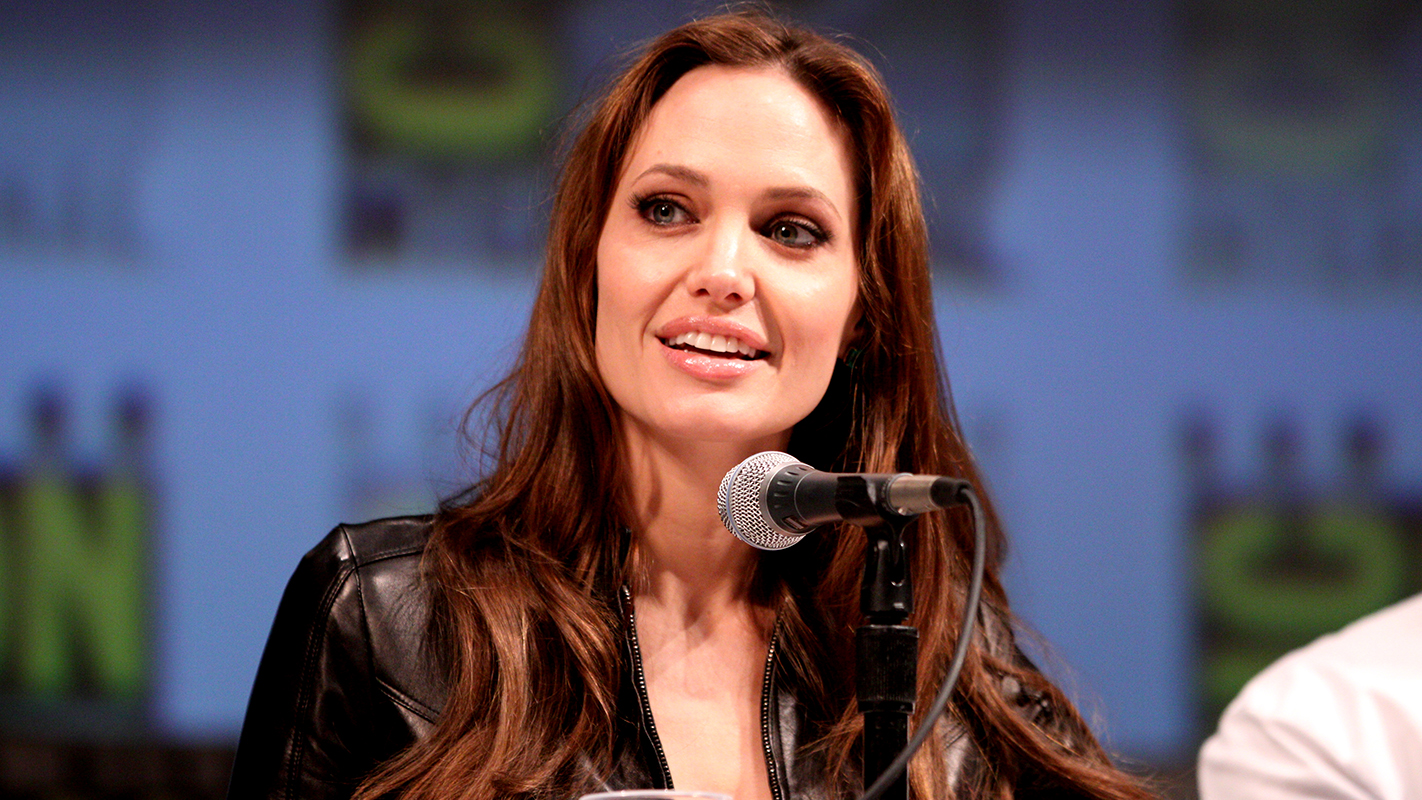Study: the Angelina Jolie Effect on Breast Cancer Screening

For Immediate Release
Angelina Jolie received widespread media attention in 2013 when she told the public that she’d tested positive for BRCA1, a gene associated with an increased risk of breast and ovarian cancers, and subsequently had a double mastectomy. Now research shows that this publicity did influence some women’s intentions to seek out similar genetic testing.
“We put a questionnaire online within three days of Jolie’s announcement, to see if the announcement influenced anyone’s intention to get genetic testing,” says Kami Kosenko, an associate professor of communication at NC State and lead author of a paper on the work. “We also wanted to see if there were any variables, such as whether people felt they identified with Jolie, that were associated with people who were influenced by Jolie’s announcement.”
Three hundred and fifty-six people from across the United States completed the questionnaire, of which 295 were aware of Jolie’s announcement.
Of the 229 female study participants, researchers found that 30 percent intended to get tested to see if they carried the BRCA1 gene, with 23 percent saying they would probably get tested and 7 percent saying they would definitely get tested.
“Women who identified more strongly with Jolie were more likely to intend to get the genetic testing regardless of whether they had a family history of cancer than women who did have a family history of cancer but did not identify with Jolie,” Kosenko says. “The same was true of women who felt they had some sort of parasocial relationship with Jolie, meaning they viewed her as a friend. This means that Jolie’s speaking out definitely had an impact.”
The findings suggest that when it comes to a celebrity’s impact on the public, that impact depends in part on the extent to which the public identifies with the celebrity. In other words, there appears to be something about particular celebrities that engenders more public interest and concern.
“This indicates that health practitioners and advocates may want to consider how relatable a celebrity is with the target audience when searching for a celebrity spokesperson,” Kosenko says. “However, more work needs to be done to help us understand what makes a celebrity relatable. For example, in our survey, non-white women were more likely to identify with Jolie than white women were. Why is that? We don’t know.”
The paper, “Celebrity Influence and Identification: A Test of the Angelina Effect,” was published online today in the Journal of Health Communication. The paper was co-authored by Andrew R. Binder, an associate professor of communication at NC State, and Ryan Hurley, an assistant professor of communication at NC State.
-shipman-
Note to Editors: The study abstract follows.
“Celebrity Influence and Identification: A Test of the Angelina Effect”
Authors: Kami Kosenko, Andrew Binder, and Ryan Hurley, North Carolina State University
Published: online July 20, Journal of Health Communication
DOI: 10.1080/10810730.2015.1064498
Abstract: Angelina Jolie’s announcement that she is a BRCA1 carrier and has had a prophylactic bilateral mastectomy was met with widespread support as well as speculation about its possible impact on the public. These speculations were the subject of a TIME cover story, entitled “The Angelina Effect.” Although there is anecdotal evidence to support this hypothesized Angelina effect, empirical tests are lacking. To explore possible links between Angelina’s announcement and public health, 356 adults were surveyed immediately after the announcement. Guided by a model of celebrity influence, the survey assessed participants’ demographics and health history, identification and parasocial interaction with Jolie, and genetic testing intentions. Results supported the model’s predictions and provided preliminary evidence of an Angelina effect.
- Categories:


